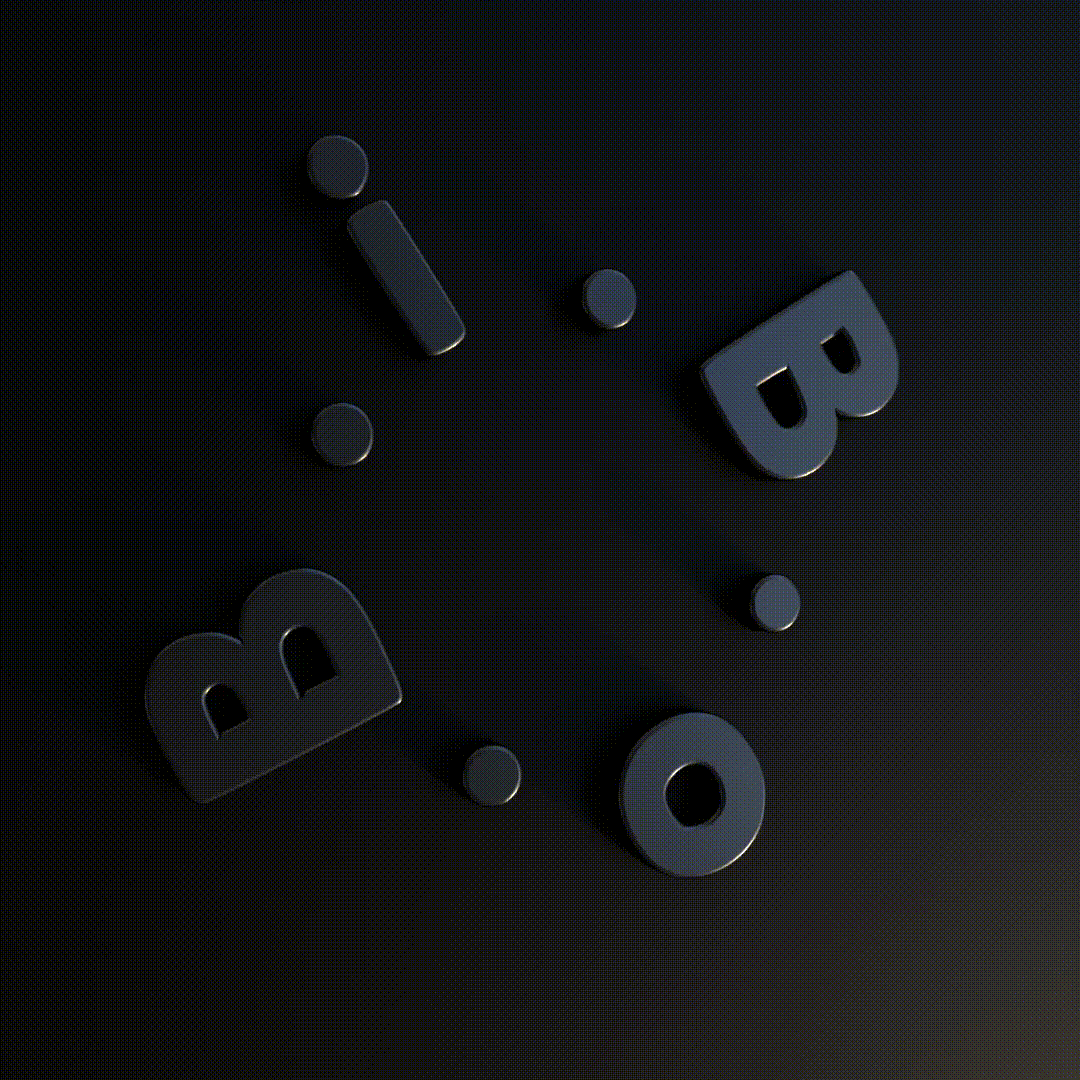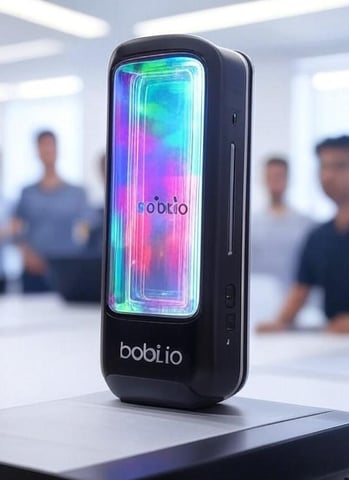

Blockchain.
HArdware & Cloud storage.
When it comes to managing data and assets, hardware and digital cloud storage serve distinct purposes, each with unique strengths and challenges. Hardware-based storage refers to physical devices—like hard drives, USBs, or specialized chips—where data is stored locally or embedded directly into equipment. Think of a blockchain-enabled gadget with a secure chip that holds transaction records or a server rack in a company’s office hosting sensitive files. It’s tangible, often faster for direct access, and gives users full control, but it’s limited by physical space, prone to damage or theft, and can be costly to scale. Digital cloud storage, on the other hand, moves data to remote servers accessed via the internet, offering flexibility, scalability, and convenience. Services like AWS or Google Cloud let businesses store vast amounts of data without owning physical infrastructure, but they rely on centralized providers, raising concerns about security breaches, downtime, or data ownership. In essence, hardware is about physical ownership and proximity, while cloud storage prioritizes accessibility and expansion—yet both face risks that blockchain uniquely addresses.
Blockchain stands out as the best system for both hardware and digital cloud storage because it brings security, transparency, and decentralization to the table, solving their inherent weaknesses while enhancing their strengths. For hardware, blockchain integrates directly into devices through cryptographic keys and tamper-proof ledgers, ensuring data—like a gadget’s firmware or a supply chain record—remains authentic and unalterable. If a device is lost or hacked, the decentralized nature of blockchain means no single point of failure compromises the system; the data’s integrity is preserved across a network of nodes. In digital cloud storage, blockchain eliminates reliance on centralized providers by distributing data across a peer-to-peer network, encrypting it with smart contracts that only authorized users can unlock. This slashes the risk of hacks or outages while giving users true ownership of their data—no third-party middleman required. Plus, blockchain’s scalability adapts to both: it can secure a single hardware chip or a massive cloud ecosystem, making it cost-effective and future-proof. Whether you’re protecting a physical device or a cloud-based archive, blockchain delivers trust, efficiency, and resilience that neither system can achieve alone..
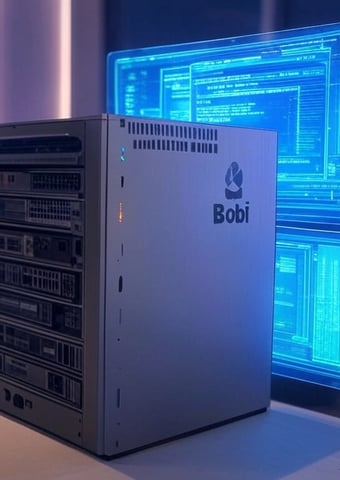

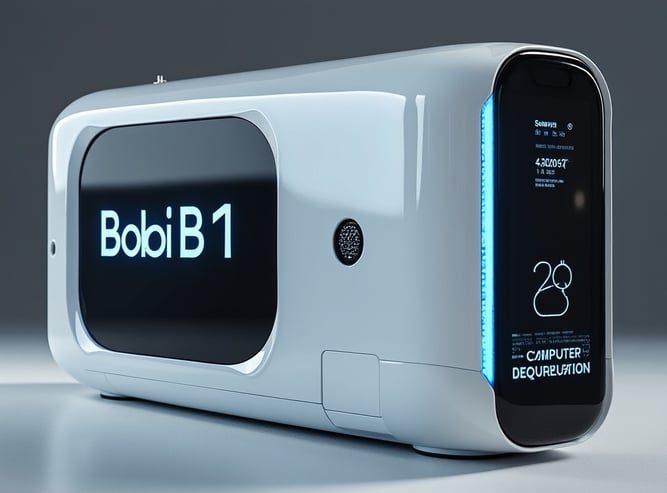



b.o.b.i.
creating one block at a time.
At K.J. Rees, Excellence in Construction, we pride ourselves on delivering a wide range of high-quality construction services. Our team of experienced professionals is dedicated to bringing your vision to life with precision and care. Whether it's a bespoke residential build, a commercial development, or a specialized restoration project, we approach every task with the same commitment to excellence and detail.
Understanding the diverse needs of our clients, we offer tailored solutions designed to meet the unique demands of each project. From initial concept to completion, our comprehensive services ensure a seamless and efficient construction process. We combine traditional craftsmanship with the latest technologies to deliver results that not only meet but exceed expectations.
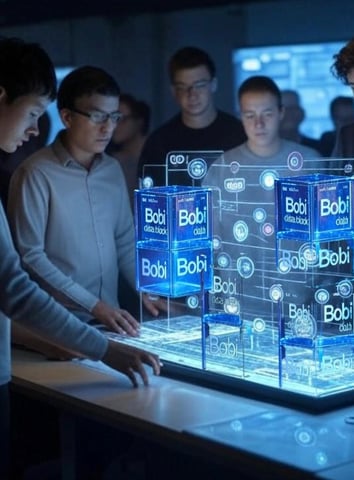

Our
SERVICES
Secure Hardware Authentication: Embed blockchain into physical devices—such as IoT gadgets or industrial tools—to create tamper-proof digital identities, ensuring authenticity and preventing counterfeiting with real-time verification across a decentralized network.
Immutable Supply Chain Tracking: Integrate blockchain with hardware sensors to log every step of a product’s journey—from manufacturing to delivery—on an unalterable ledger, boosting transparency and trust for businesses and customers alike.
Decentralized Cloud Backup: Offer a blockchain-powered cloud storage solution that distributes encrypted data across a peer-to-peer network, eliminating single points of failure and giving clients full control over their backups without relying on centralized providers.
Smart Contract Device Management: Enable hardware devices to autonomously execute blockchain-based smart contracts—like automatic maintenance alerts or usage-based payments—streamlining operations and reducing manual oversight for enterprises.
Data Integrity Assurance: Provide a service that uses blockchain to timestamp and verify data stored on both hardware and cloud systems, ensuring files remain unchanged and legally defensible for audits or compliance needs.
Scalable Hybrid Storage Solutions: Combine hardware and cloud storage with blockchain to create a flexible, secure ecosystem—think local drives for speed and decentralized cloud for scale—tailored to businesses of any size.
Encrypted File Sharing: Develop a blockchain-secured platform for sharing sensitive data between hardware devices and cloud repositories, using cryptographic keys to ensure only authorized parties access files, no matter where they’re stored.
Real-Time Hardware-to-Cloud Syncing: Offer a service that seamlessly syncs data between physical devices and blockchain-backed cloud storage, providing instant updates and redundancy with end-to-end encryption for maximum security.
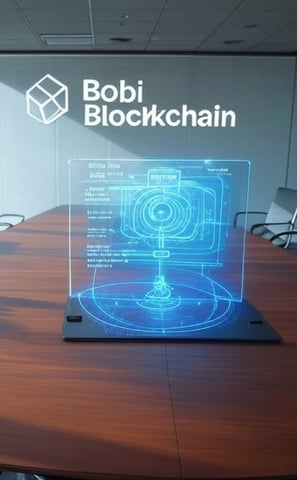

FAQ's
1. How does blockchain make my hardware devices more secure?
Blockchain embeds a unique, tamper-proof digital identity into your devices using cryptographic keys and a decentralized ledger. This means no one can alter or fake your device’s data—like its origin or usage history—without the network’s consensus. Even if a device is physically compromised, the data remains secure and verifiable, protecting your business from fraud or breaches.
2. What’s the advantage of your decentralized cloud storage over traditional providers like AWS?
Unlike traditional cloud providers that store your data in centralized servers vulnerable to hacks or outages, our blockchain solution spreads encrypted data across a global network of nodes. You get scalability and accessibility like the big providers, but with no single point of failure, full ownership of your data, and enhanced security—no third party controls your files.
3. Can your services work with my existing hardware and cloud systems?Absolutely! We design our blockchain solutions to integrate seamlessly with your current setup—whether it’s legacy hardware like servers and IoT devices or cloud platforms you already use. Our team customizes the implementation to fit your workflow, ensuring a smooth transition without replacing what’s already working for you.
4. How does blockchain help with supply chain tracking on hardware?
By pairing blockchain with hardware sensors, we create an unchangeable record of every step in your supply chain—from raw materials to finished products. Each event is logged in real-time on the blockchain, visible to authorized parties, so you can prove authenticity, spot inefficiencies, or resolve disputes with total transparency, all tied to the physical devices involved.
5. Is it expensive to adopt your blockchain-based storage and management services?
Not at all—we tailor our services to your budget and scale. Blockchain’s efficiency cuts long-term costs by reducing reliance on intermediaries, minimizing downtime, and preventing losses from security issues. Whether you’re a small business securing a few devices or an enterprise overhauling cloud storage, we offer flexible pricing to deliver value without breaking the bank.
6. How fast can I access or sync data between my hardware and cloud with your system?
Our blockchain solution prioritizes speed alongside security. Hardware-to-cloud syncing happens in real-time or near-real-time, depending on your setup, with data encrypted and distributed for instant retrieval. While blockchain verification adds a slight layer of processing, our optimized network ensures it’s fast enough for practical use—think seconds, not minutes.
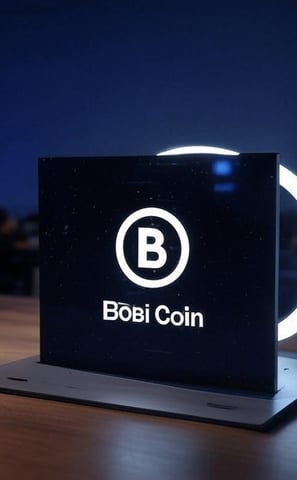

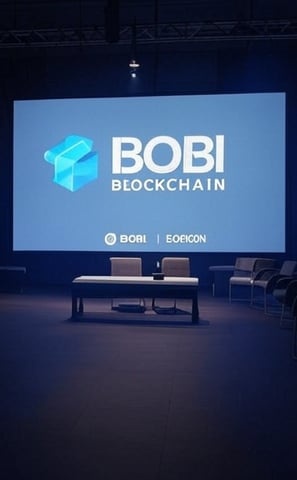

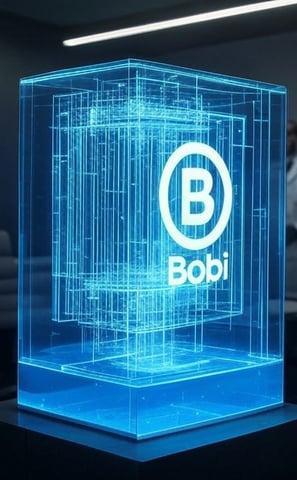

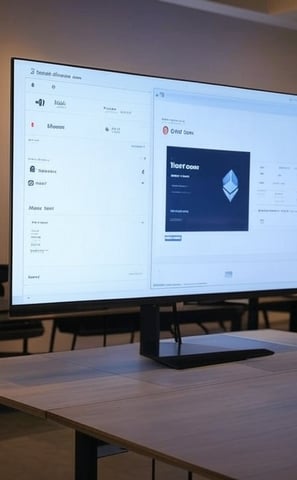

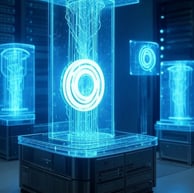



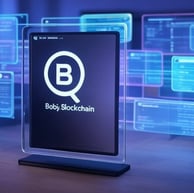

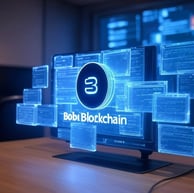

Cloud Storage
Encrypted Mail
Search Engine
Custom Dashboard
